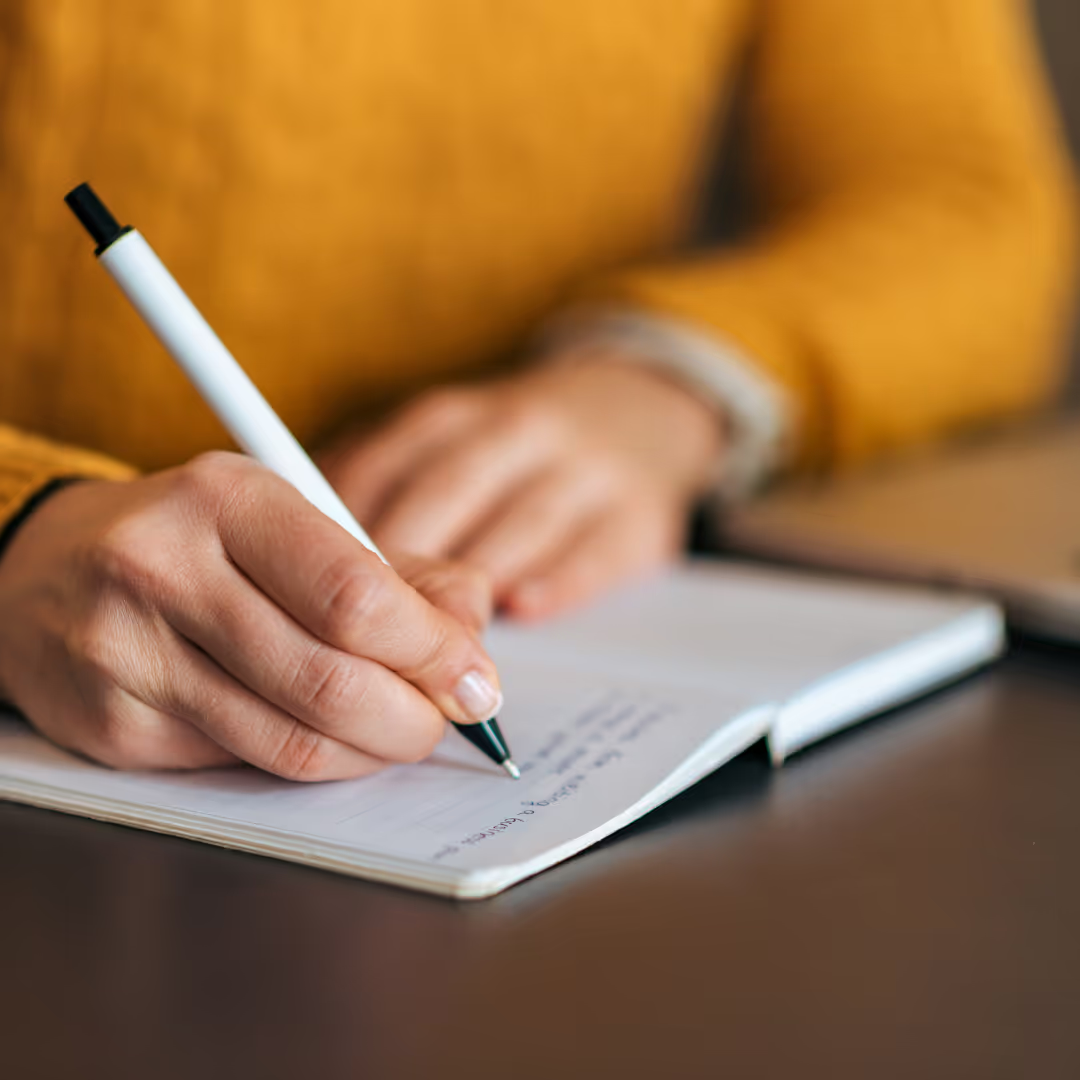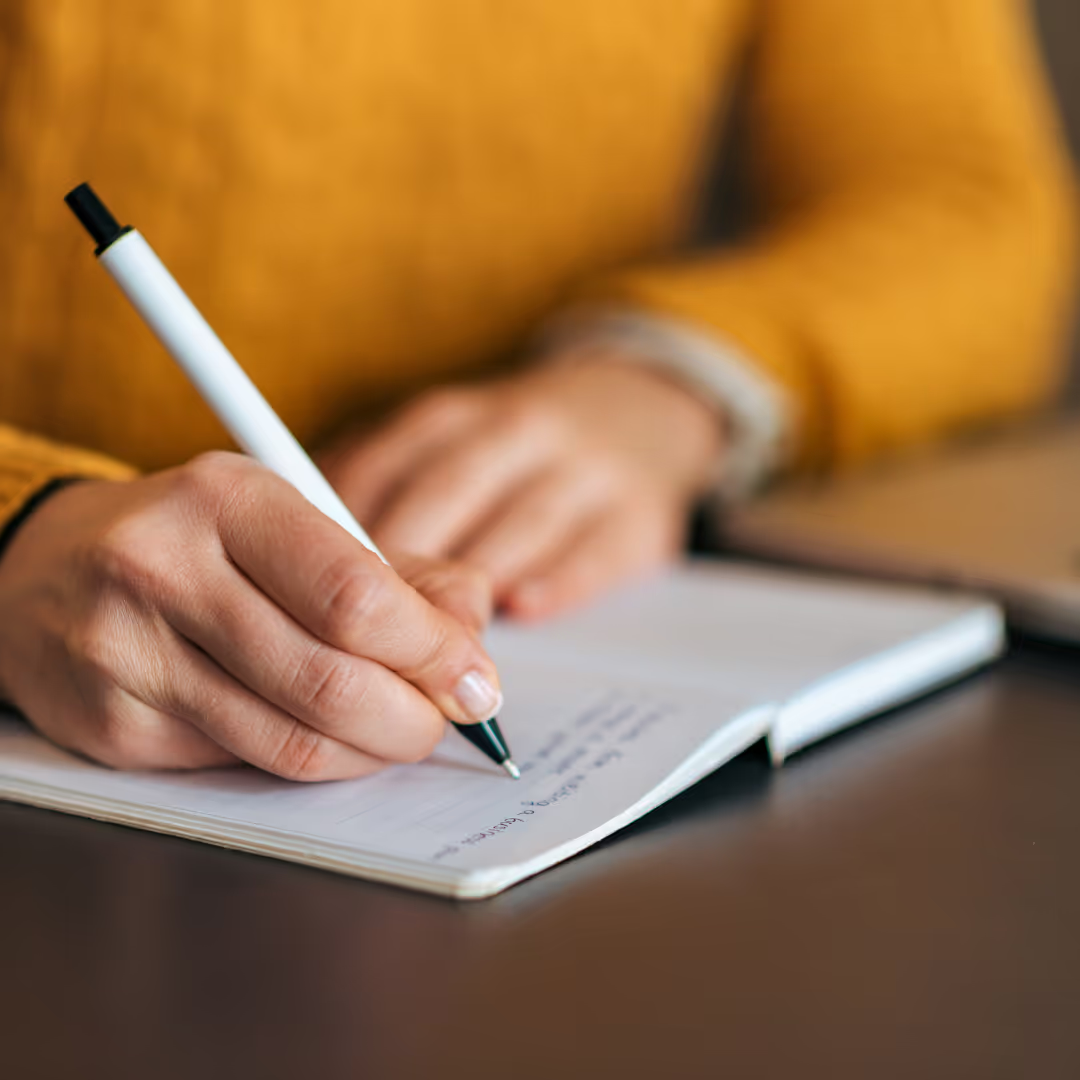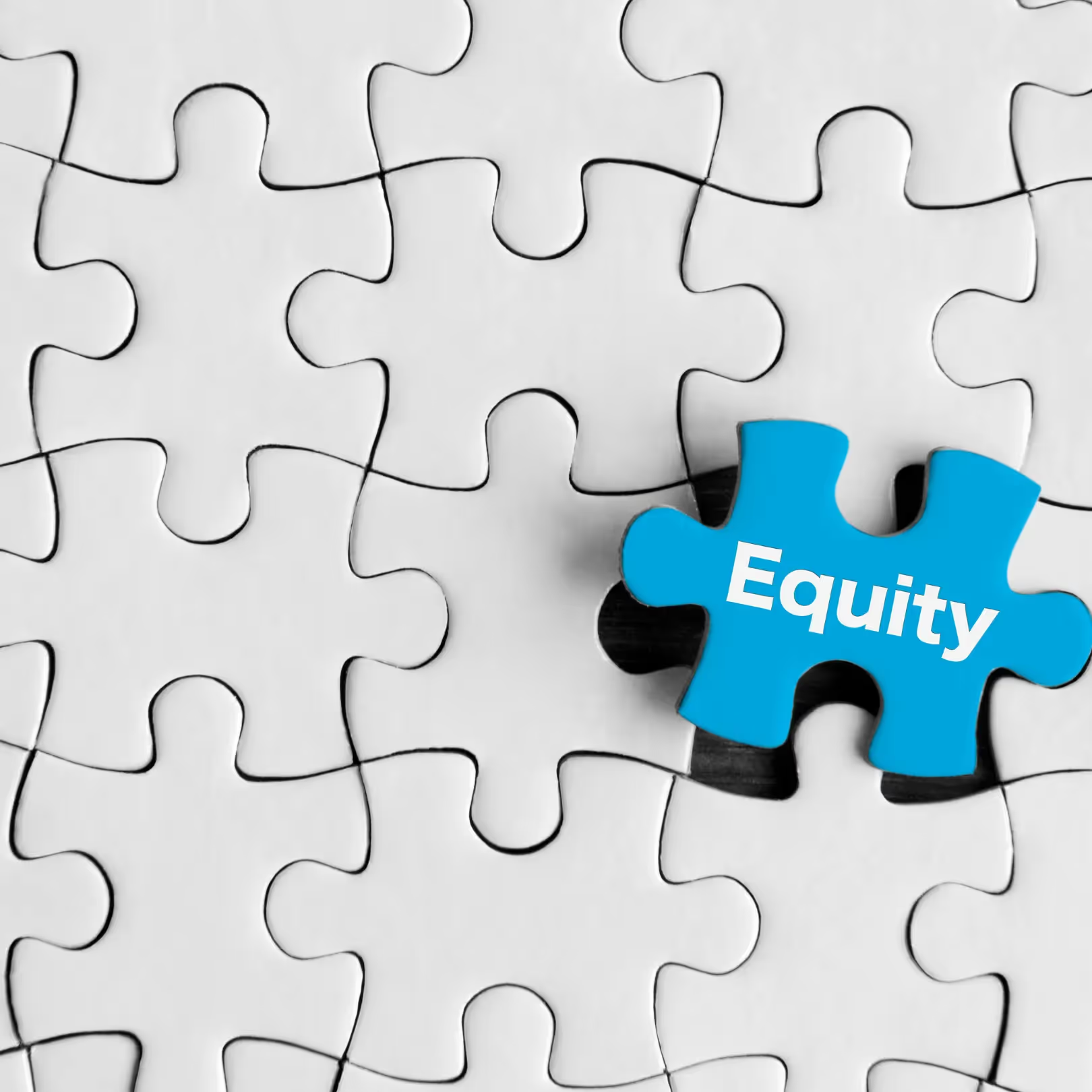Intention can be a placebo
October 15, 2023
.avif)
A couple of weeks ago, I offered you Look Forward prompts for the start of the month and told you that even if you didn’t take action towards fulfilling them, your mind would be primed to work on them. This is because intentions are incredibly powerful and mysterious things.
I have talked and written a lot about setting intentions before coaching sessions or meetings. Often we set an intention, and then forget all about it, and then after the meeting we remember and think, oh! I forgot all about it but it happened anyway!
This is precisely how intentions work—they operate on our subconscious and guide our actions without our full awareness.
Research into what’s known as “the Placebo Effect” sheds light on this mystery. The Placebo Effect is the phenomenon by which people who are sick or suffering get better from treatments that have no discernible reason to work. For example, in typical double-blind randomized pharmaceutical trials, one group of people gets an active drug and the other group gets a placebo, an inactive substance such as a sugar pill. Over and over, in many studies with different substances, a good number of people in the placebo group report feeling better, and most amazingly, their bodies heal. The medical establishment has struggled to explain this.
This very accessible New York Times article goes into depth on this subject. Here’s an excerpt with key points:
Give people a sugar pill, they have shown, and those patients — especially if they have one of the chronic, stress-related conditions that register the strongest placebo effects and if the treatment is delivered by someone in whom they have confidence — will improve. Tell someone a normal milkshake is a diet beverage, and his gut will respond as if the drink were low fat. Take athletes to the top of the Alps, put them on exercise machines and hook them to an oxygen tank, and they will perform better than when they are breathing room air — even if room air is all that’s in the tank. Wake a patient from surgery and tell him you’ve done an arthroscopic repair, and his knee gets better even if all you did was knock him out and put a couple of incisions in his skin. Give a drug a fancy name, and it works better than if you don’t.
You don’t even have to deceive the patients. You can hand a patient with irritable bowel syndrome a sugar pill, identify it as such and tell her that sugar pills are known to be effective when used as placebos, and she will get better, especially if you take the time to deliver that message with warmth and close attention. Depression, back pain, chemotherapy-related malaise, migraine, post-traumatic stress disorder: The list of conditions that respond to placebos — as well as they do to drugs, with some patients — is long and growing.
The research is piling up and showing that many conditions including Parkinson’s, Alzheimers, asthma, pain, anxiety, and various stress related conditions respond just as well to a placebo as they do to active medicine or procedure.
Why does this happen? Sebene Selassie, who shared this research in a course she taught, says that it’s because our perceptions are shaped by our unconscious inferences and so if we can change our perceptions, we can change our realities.
She says an intention can be a placebo.
There is so much we don’t yet understand about our brains, so I’m excited to consider this idea of intention as placebo.
This week, try setting intentions and see how that act impacts your experiences.
Keep Learning
- Have content just like this sent straight to your inbox. Subscribe to our Weekly Wisdom Newsletter
- Learn 4 lessons from neuroscience on how to be a stronger team leader (4 min)
- Use this tool to Craft Your Personal Vision
- Start your Transformational Coaching journey. Register for an upcoming Art of Transformational Coaching workshop

.avif)
.avif)










